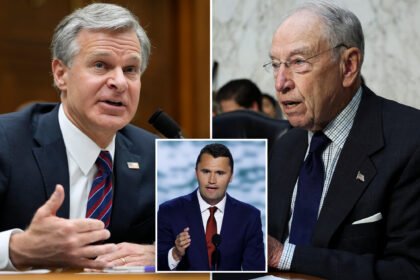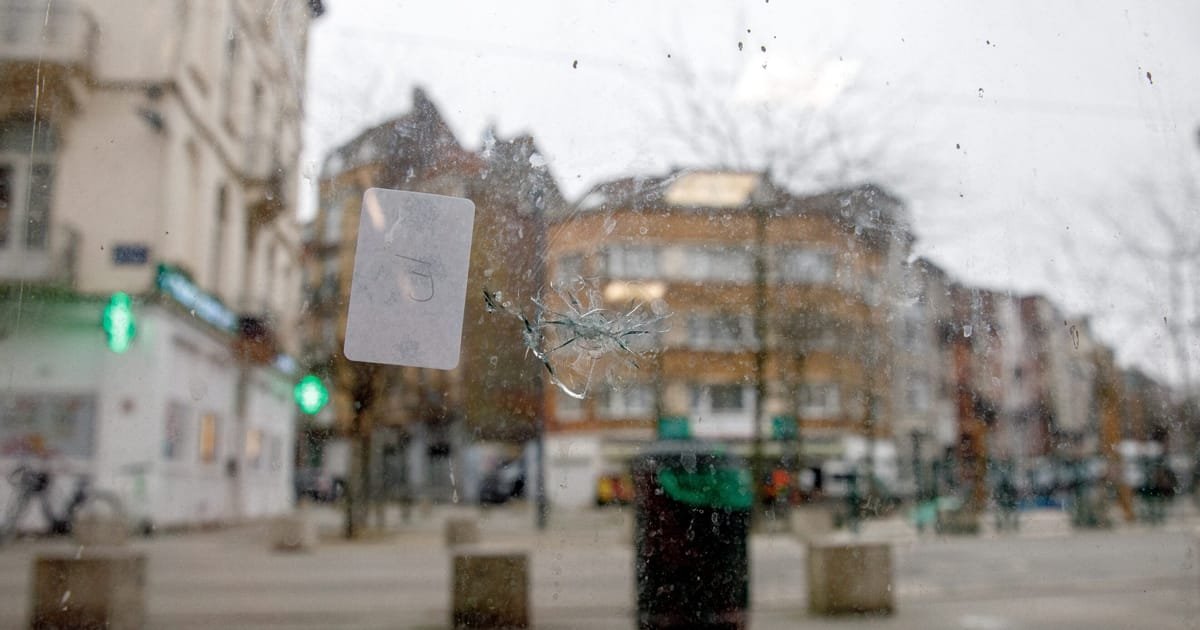Minnesota Democrats Retain Legislative Seat Amid Political Turmoil
In a significant political development, the Democratic Party has successfully retained the legislative seat previously held by Melissa Hortman, the former Minnesota House Speaker who tragically lost her life in a politically charged assassination earlier this year. The special election, held on September 16, 2025, saw Democratic nominee Xp Lee triumph over Republican candidate Ruth Bittner in a suburban Minneapolis district, reinforcing the Democrats’ foothold in a region that has increasingly leaned blue.
A Legacy of Tragedy and Resilience
Melissa Hortman’s assassination in June 2025 sent shockwaves through Minnesota and the broader political landscape. Prosecutors allege that Vance Boelter, the accused gunman, impersonated a police officer during the attack, which they describe as a “political assassination.” This heinous act not only claimed the lives of Hortman and her husband, Mark, but also left a lasting impact on the community and the state’s political dynamics.
The special election took place against the backdrop of heightened tensions following the assassination of conservative commentator Charlie Kirk, which reignited discussions around political violence in the United States. The timing of Lee’s victory, just a week after Kirk’s death, underscores the ongoing volatility in American politics, where acts of violence have increasingly become intertwined with political discourse.
The Election Results and Their Implications
Xp Lee’s victory in the special election has resulted in a deadlock in the Minnesota House, with both Democrats and Republicans now holding 67 seats each. This outcome is particularly significant as it reinstates a power-sharing agreement between the two parties, a compromise that emerged after the Democrats lost their majority in the 2024 elections. The balance of power in the Minnesota House is crucial, as it shapes legislative priorities and governance in the state.
Lee, who was born in a refugee camp in Thailand after his family fled the Vietnam War, expressed that his campaign was deeply motivated by the desire to honor Hortman’s legacy. “I wouldn’t be running if it wasn’t for the murder of Melissa Hortman. So, I am very conscious of political and gun violence. I want to help our community heal,” he stated in an interview prior to the election. His personal story of resilience and commitment to public service resonates with many constituents, particularly in a district that has seen its share of turmoil.
The Broader Context of Political Violence
The assassination of Hortman is not an isolated incident but part of a troubling trend of political violence in the United States. The country has witnessed a rise in politically motivated attacks, raising concerns about the safety of public officials and the health of democratic institutions. The recent shooting at Annunciation Catholic School in Minneapolis, which resulted in the deaths of two young children and injuries to 21 others, further highlights the urgent need for discussions around gun control and community safety.
In this climate, Lee’s election victory is seen as a beacon of hope for many who advocate for a more peaceful and inclusive political environment. His commitment to addressing the issues of gun violence and political extremism is a critical aspect of his platform, reflecting a growing demand for change among voters.
The Candidates and Their Campaigns
Ruth Bittner, the Republican nominee and a local real estate agent, acknowledged the unique challenges of running in the wake of such a tragedy. “Melissa was a very unique individual. We will not be trying to replace her,” Bittner remarked during her campaign. Her approach focused on community engagement and addressing local concerns, but ultimately, it was Lee’s message of healing and continuity that resonated more with voters in the district.
The special election serves as a reminder of the complexities of political campaigns in times of crisis. Candidates must navigate not only the usual electoral challenges but also the emotional weight of recent events that have profoundly affected their communities.
Looking Ahead: The Future of Minnesota Politics
As Minnesota moves forward from this tumultuous period, the implications of Lee’s victory extend beyond the immediate political landscape. The deadlock in the House may lead to increased negotiations and compromises between the two parties, potentially fostering a more collaborative approach to governance. However, the underlying issues of political violence and community safety remain pressing concerns that will require ongoing attention from lawmakers and citizens alike.
The legacy of Melissa Hortman will undoubtedly continue to influence Minnesota politics, serving as a poignant reminder of the need for civility and respect in public discourse. As the state grapples with the aftermath of her tragic death, the focus will likely shift toward creating a safer and more inclusive environment for all residents.
Conclusion
The recent special election in Minnesota underscores the resilience of democratic institutions in the face of adversity. Xp Lee’s victory not only preserves the Democratic presence in the state House but also symbolizes a collective commitment to healing and progress in a time of political strife. As Minnesota navigates the complexities of its political landscape, the lessons learned from this election will be crucial in shaping the future of governance and community relations in the state.











